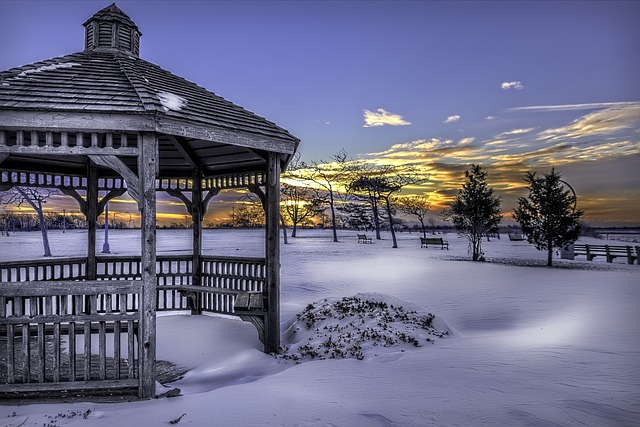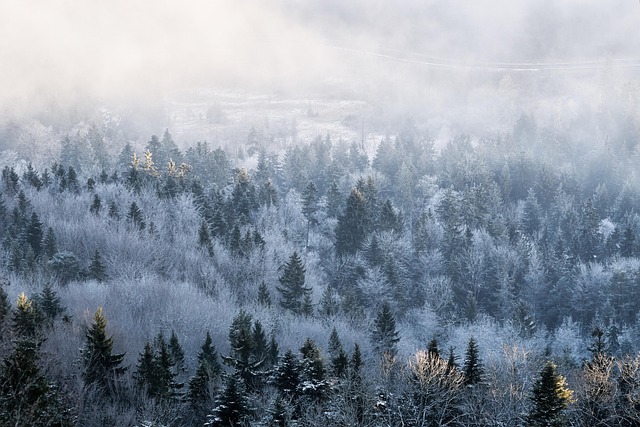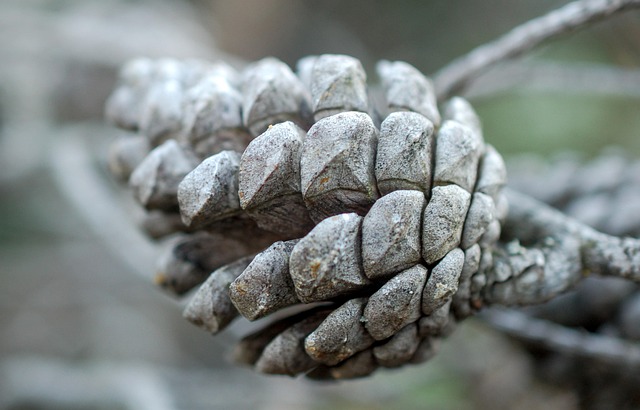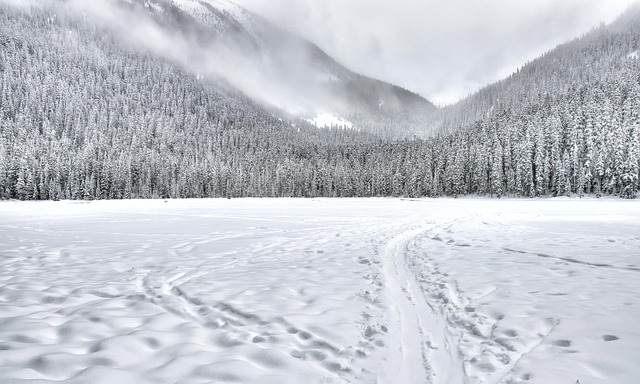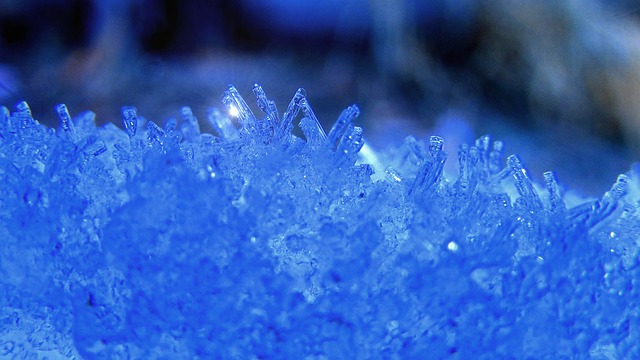Homeowners can prevent basement flooding and frozen pipes during winter through proactive measures like pipe insulation, using heating tape on vulnerable areas, fixing faucet drips promptly, and maintaining efficient indoor heat. Adopting these winter plumbing tips ensures safe and protected plumbing systems both indoors and outdoors.
Basement flooding can cause severe damage to your home and belongings. Understanding the causes, such as heavy rainfall, faulty plumbing, or frozen pipes, is the first step to preventing these disasters. This article guides you through installing a sump pump—a crucial defense against basement floods. We also offer essential winterization tips for frozen pipes and plumbing maintenance, including pipe insulation, heating tape, and fixing that pesky dripping faucet, ensuring your home stays protected all year round.
- Understanding Basement Flooding and Its Causes
- Installing a Sump Pump: A Step-by-Step Guide
- Winterization Tips for Frozen Pipes and Plumbing Maintenance
Understanding Basement Flooding and Its Causes

Basement flooding can be a devastating experience for homeowners, often caused by various factors unique to this part of the home. One common culprit is frozen pipes during winter months. Extreme cold temperatures can cause water lines to freeze and burst, leading to significant water damage in basements. Preventative measures like pipe insulation and heating tape are essential winter plumbing tips to keep pipes from freezing.
Additionally, proper maintenance of outdoor plumbing is crucial. Faucet drips, although seemingly minor, can contribute to basement flooding by increasing water pressure and potentially causing pipes to burst. Regular inspection and fixing any leaks promptly can help mitigate the risk of basement flooding. Understanding these causes is the first step in taking proactive measures to protect your home from potential water damage.
Installing a Sump Pump: A Step-by-Step Guide
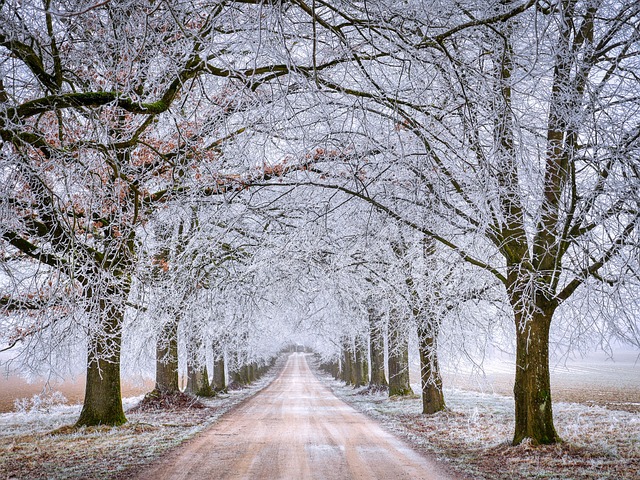
Winterization Tips for Frozen Pipes and Plumbing Maintenance

To prevent frozen pipes during winter, take proactive steps such as insulating exposed pipes with pipe insulation or using heating tape on vulnerable areas. This is especially crucial for outdoor plumbing and those parts of your basement where water lines pass through cold zones. Regularly checking for any signs of leaks, even a faint faucet dripping, can help identify issues early.
Winter plumbing tips also involve keeping heat in the house as much as possible. Ensure your heating system is efficient and well-maintained. Consider sealing gaps around doors and windows to prevent cold air from entering. This not only conserves energy but also minimizes the risk of pipes freezing by maintaining a consistent indoor temperature.
